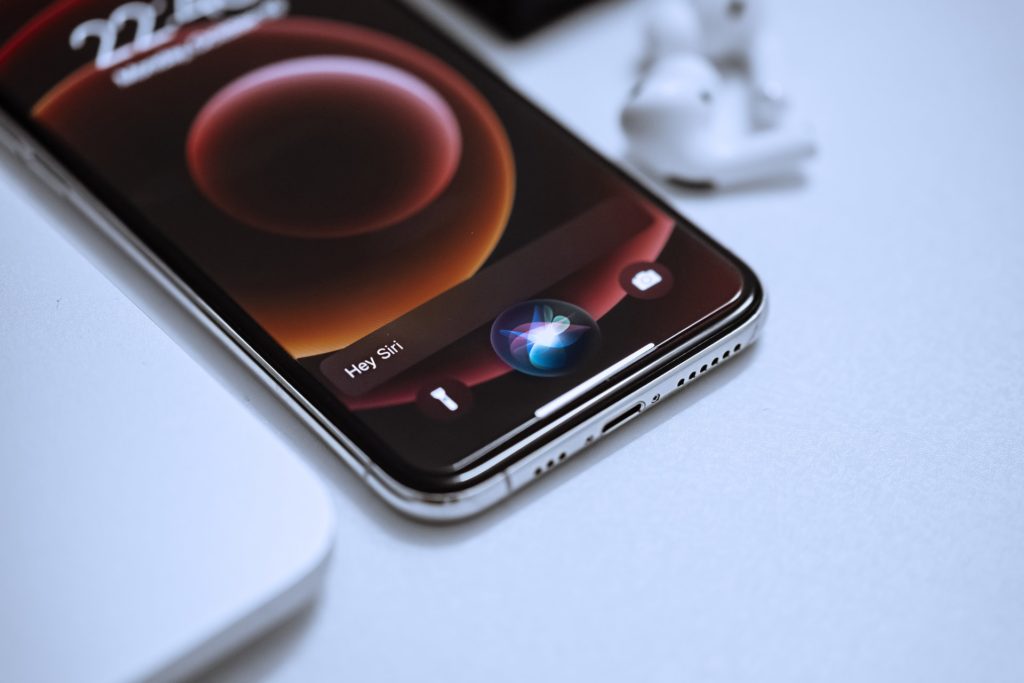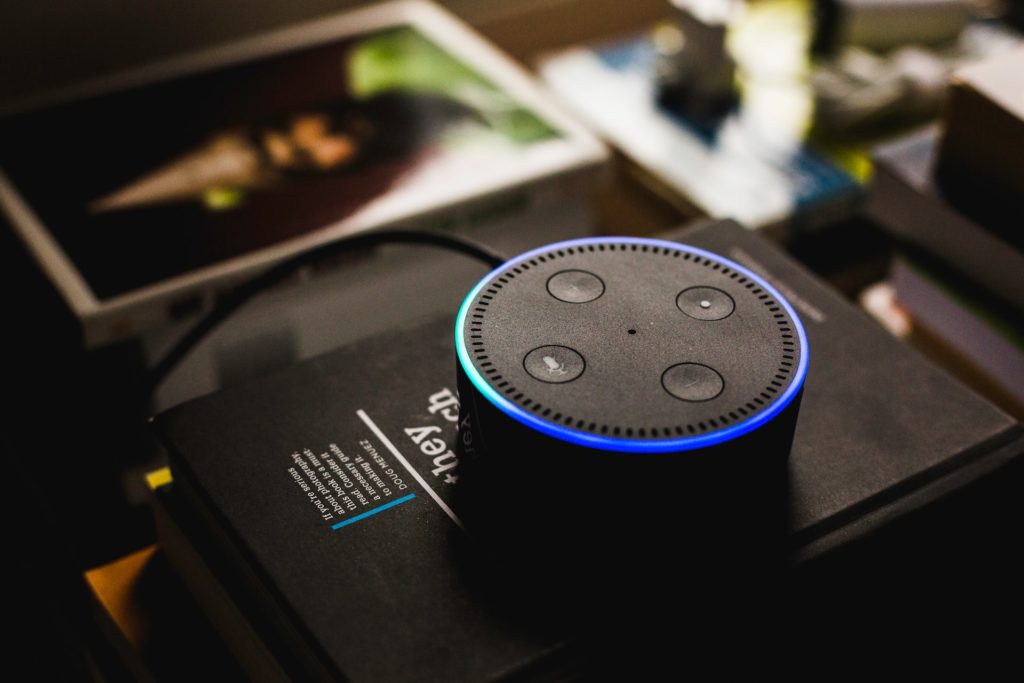The tech world is in the grip of an AI revolution and of all the new leads opening up, the development of Virtual Assistants is one of the most exciting.
If Virtual Assistants really catch on, they are likely to take over many of the routine or tedious decisions that clog up our everyday lives and, ultimately they are likely to have minds of their own.
Being able to handle a fairly complex request such as ‘Please book me a table for two in a four star restaurant in the town centre with nearby parking’ would need a high level of natural language recognition, the ability to extract information from various sources (a restaurant review website, a maps app, a parking availability website) and then navigate a multi-option booking system.
Siri. Spurred on by Apple’s successful launch of Siri in 2011, voice-activated mobile virtual assistants – or Virtual Personal Assistants – have nowadays become pretty mainstream for consumers these days.
While the most popular features are fairly simple requests to get directions, send a text or search the Web and there’s still a slightly annoying tendency for more complicated questions to be answered by a Google or Bing search, most of the time they work pretty well and, even better, they’re getting ‘smarter’ all the time.
(Virtual Personal Assistants are different from the “Virtual Agents” that that reside on enterprise websites, and which answer customer questions specific to customer orders, products, and offers.)

Suggestions
These Virtual Personal Assistants, as offered by major tech companies Apple, Microsoft, Google, Amazon and most recently Facebook, are part of a much wider technological trend to crunch huge amounts of data and then use it to identify patterns that lead to informed predictions about what the user is likely to ask for.
They can do this because smartphones now have access to fast internet links and location data, and can draw upon personal information such as address books, voicemails, e-mails and calendars. Some go even further.
For example, when you first activate it, Microsoft’s Cortana, asks you a series of personal questions such as ‘What is the most enjoyable part of your day?’ or ‘What do you look for when you want to catch up on the world?’ so that it can learn about your personal preferences and make itself even more useful to you. All of this gives Virtual Personal Assistants unprecedented insight into your life.
So for example, your Virtual Personal Assistant might notice that you have an appointment in a different town one afternoon and suggest that you leave the office a bit earlier than usual because it has been alerted to heavy traffic on the road that you usually take when driving; or it might warn you of real-time delays on the train service that you usually use.
It might offer you directions on how to get to your hotel when you arrive at an unfamiliar airport in a foreign country, offer to book you a taxi or hotel, based on its reading of an incoming e-mail or text message or offer personalized suggestions for eating out one evening, knowing that you usually prefer Italian food and family-run restaurants as opposed to chains.
At the moment, Virtual Personal Assistants ask permission before making these sort of suggestions so as not to alarm their users too much, but it can’t be too long before people feel more comfortable with smartphones organising their lives for them and acting pretty much like a real-life human assistant, who knows you quite well, might do.
Accuracy
A major reason for these advances is that speech recognition technology is getting better all the time, which means that users benefit from better first-time understanding and more hands-free multi-tasking.
All the incoming voice data gives the speech technology’s machine-learning algorithms a lot to work with and the algorithms themselves have also become a lot more powerful because of the development of deep neural networks.
For example, [24]7 has recently become the first to offer Deep Neural Networks-enabled Interactive Voice Response for the enterprise, in collaboration with Microsoft and which promises 95% speech recognition accuracy.

Vulnerable
If this all sounds rather threatening, then rest assured, most real life Virtual Personal Assistants won’t have to worry about losing their jobs just yet.
A lot of what they do just cannot be replicated by Artificial Intelligence at the moment. Research estimates that, although about 35% of today’s jobs are at high risk of being automated over the next two decades, robots still struggle to successfully carry out jobs that require specifically human traits such as creativity, social or negotiation skills and empathy.
The BBC has a tool on its website that can tell you whether or not your job could be replaced by a robot and it demonstrates just that – jobs such as telephone salesperson and typists are vulnerable, but jobs such as pub landlords and nurses are not.
Power
Virtual Personal Assistants have many benefits but their rise raises issues of privacy and commerce. These virtual PAs have access to a lot of data to do their jobs and although they may work for individual consumers, their parent companies make money by advertising and mining consumer data.
It raises the question ‘how much of your day-to-day life do you want to be available to companies who want to sell you things?’
Secondly as Virtual Personal Assistants play a bigger role in helping to buy things online, they will also have a bigger say in promoting some companies over and above others.
So, for example, when you ask your Virtual Personal Assistant to book you a flight from London to Rome, will it choose the cheapest/most direct flight or will it choose the one that has a commercial relationship with the company that has created it (your Virtual Personal Assistant)?
By channeling attention in a particular way and making decisions on behalf of users, virtual assistants will have enormous power to make or break other businesses. It’s an interesting debate and one that I think will become a lot more heated in the next few years.